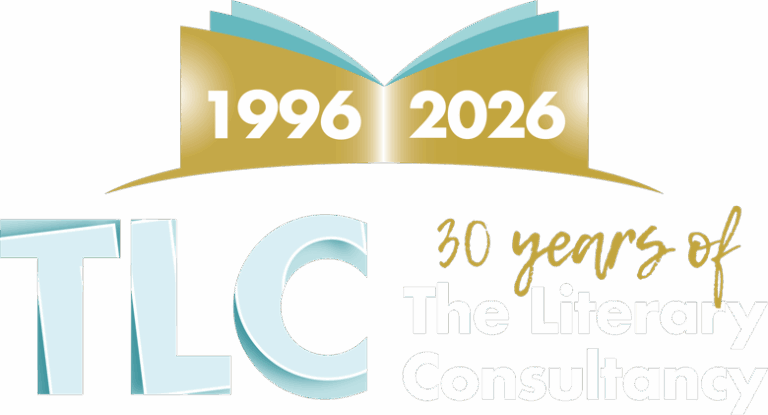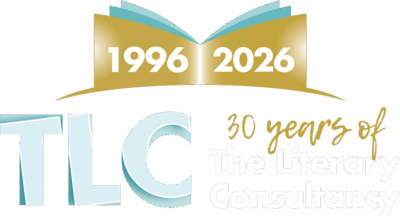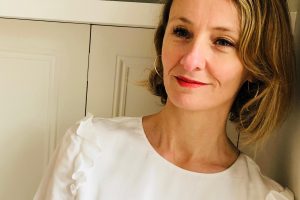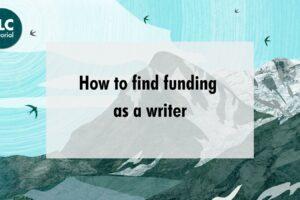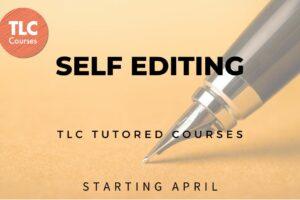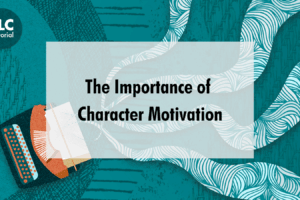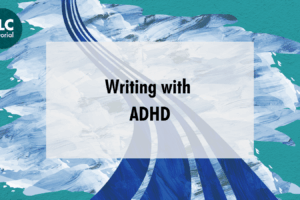The need for a narrative is hard-wired into we humans, the emotional significance encoded in the acts of telling and reading stories imprinted on our conscious and unconscious minds. We accord great importance to narratives, and to the ordering and understanding of a sequence of events. If you consider the multitude of ways in which we experience stories – the cultural, social, emotional and intellectual primacy we grant them – it becomes clear that we read for many different reasons.
Sometimes we read to be entertained and taken out of ourselves, at others comforted and reassured that we’re not alone. We want to be informed, stimulated and challenged by stories, and to see life through the lens of a different person. We long to have secrets shared with us, to be charmed, intrigued and perhaps even hoodwinked, given a trail of clues to follow, signs to decipher and taken to new places along a network of roads we’d never even heard of before, let alone traveled. We’re hungry for the thrill of the new, the soothing reminder of the known and perhaps too a thrilling glimpse of that which goes beyond our comprehension. Sometimes we seek a narrative that holds a mirror to ourselves and our world, at others we want to look into that mirror and see something more different than we could ever have imagined. To journey through a narrative is to become immersed – often unconsciously – in the search for recognisable patterns and familiar tropes that will confer meaning on both the story itself, and the story of our own lives. And inevitably one of the patterns we become most interested in is that of the story’s development. Not unlike the process of embroidery, it needs first a knot to fasten it; but then threads through the text, be it in zigzags or straight lines, all the way to the sealing knot. The thread is then cut and the story finished. In other words, the time-honoured tradition of a story with a beginning, a middle and an ending. In some stories, the departure and arrival points are less important than the journey itself, but in others the ‘but how will it end?’ question weighs heavily from the outset: will the murderer be brought to justice, the couple reconciled, the life-saving operation successful?
And in the case of this second type of story, the desire for resolution, and for the certainty that comes with the final full stop, can become the dominant narrative driver. Maybe it’s because we want proof that a chaotic and often unfair world can be made sense of, and are compelled to look for definable narrative structures that provide order and clarity. So as Umberto Eco has posited, we like to engage in a process by which ‘to read fiction is to play a game by which we give sense to the immensity of things, that happened, are happening, or will happen in the actual world.’ In the Spring of 2020 Eco’s words seem to have a particular resonance, as the ways in which he suggests we read fiction appear to mirror our attempts to make sense of the global pandemic story that’s playing out in real time. We need to try and understand the immensity of this ‘thing’ that’s happening.
The story of our lives as individuals is currently being shaped in ways that would have been impossible to foresee, even four months ago, by the infinitely large narrative of the collective. A narrative that mandates social isolation and all – a vast all – that this both necessitates and makes inevitable. It’s become very hard as a result to separate the narrative of the individual – those decisions we take about self-determination and the trajectory of our own narrative arcs – from that of the collective.
This resultant pressing of ‘pause’ on autonomy takes quite some processing, as does the moving towards an acceptance of our new reality. Not least because they both throw up a lot of questions, of which most pressing of all is: how and when does this story of a global pandemic end? And that’s a question nobody can answer with any degree of authority. This particular story – with its vast cast of characters and locations, its overwhelming enumeration of urgent concerns – weaves together a spiraling number of sub-plots so intricately and tightly interwoven we will puzzle over their interrelationships for years to come. In short, as there’s precious little clarity or certainty to be found in this story, there can be no viable sense of an ending. For a long time at least.
Of course neatly circumscribed ‘endings’ are rare in real life as we live in a continuum, but now more than ever even just a vague sense of the finish point would be welcome. Perhaps though for now we’ll have to be content with simply walking along the new plot lines of our lives without looking too far into the distance. Let’s be consoled by the wisdom of Charley Macksey –
‘I can’t see a way through’ said the boy.
‘Can you see your next step?’
‘Yes’
‘Just take that’ said the horse.
